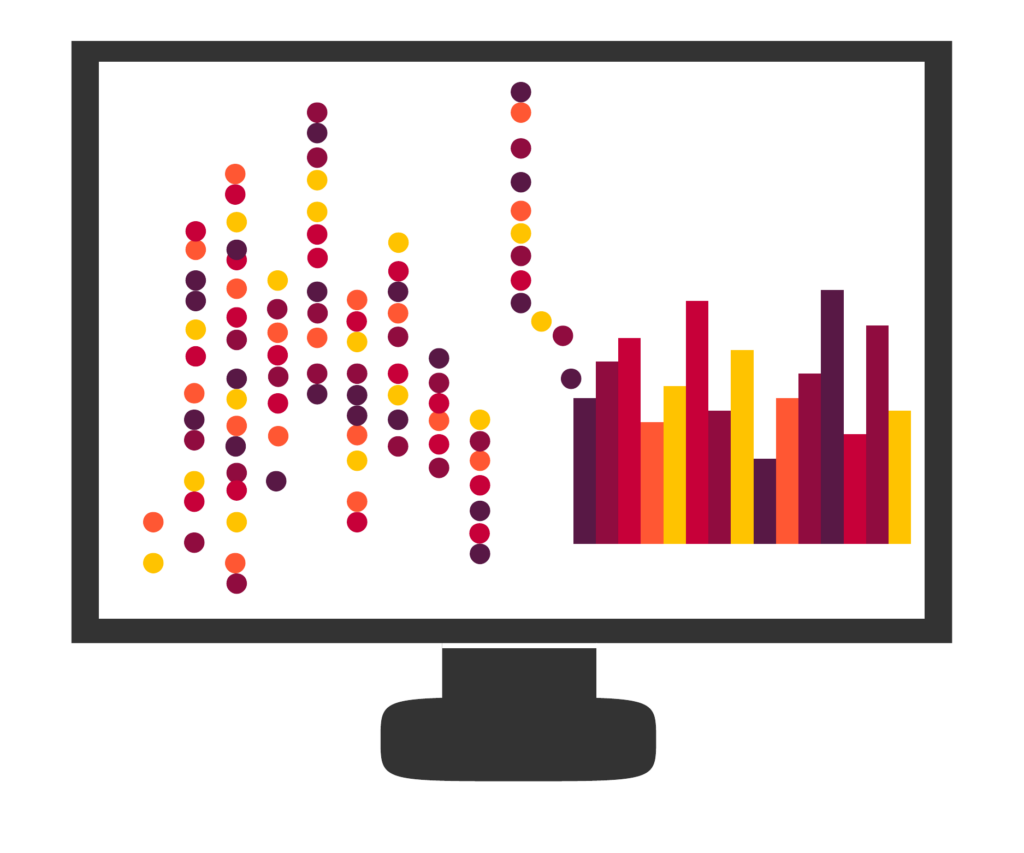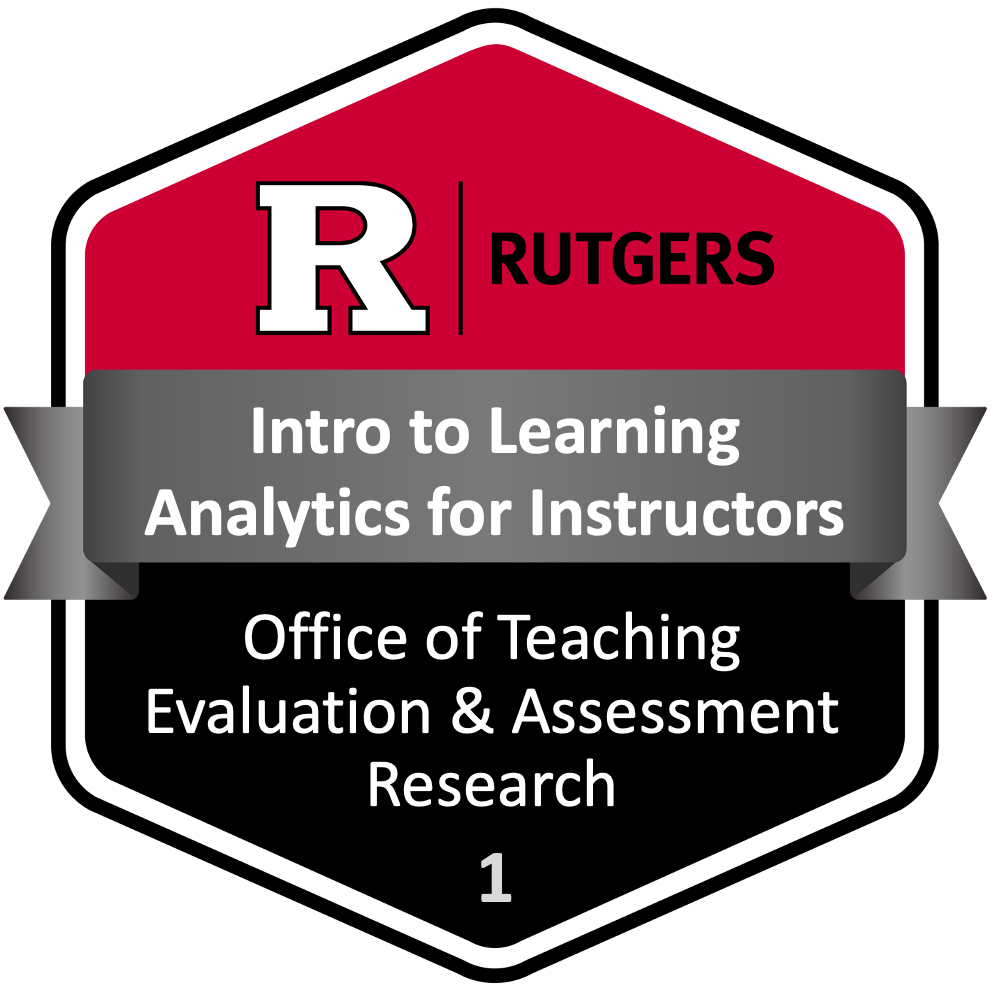Learning Analytics
Optimizing learning environments to help support and improve the learning of students.
Learning Analytics to Support Student Success

The purpose of Learning Analytics is to support and improve the learning of students. This includes evaluating, diagnosing, and providing appropriate scaffolds to help students reach their learning goals. Ensuring students become reflective, self-motivated, and life-long learners is another important aspect of Learning Analytics.
The definition of Learning Analytics varies, but one of the most cited definitions comes from SOLAR, The Society for Learning Analytics Research:
Learning analytics is the collection, analysis, interpretation and communication of data about learners and their learning that provides theoretically relevant and actionable insights to enhance learning and teaching. (SoLAR)
This definition was updated in June 2025 through an iterative and collaborative process that learning analytics professionals and researchers across the globe engaged to ensure the field was correctly defined.
This site provides background, literature, and examples on how higher education institutions can use data in education and learning analytics as you begin to consider its role within your classroom, departments, programs, and schools at Rutgers University.
Introduction to Learning Analytics for Instructors

Have you been wondering if students accessed your syllabus or watched the video you painstakingly created? Current learning technologies have a wealth of data available to instructors to better understand how students are progressing and to support student success.
OTEAR is excited to be able to offer a new asynchronous learning opportunity to support instructors in starting to build their capacity around learning analytics. Topics include defining learning analytics, ethical considerations, limitations, the impact of course design, and an introduction to Course Analytics in Canvas (previously called ‘New Analytics’). The “Introduction to Learning Analytics for Instructors” digital badge can be earned through completion of all module activities and assignments. The program is open to all Rutgers faculty and instructional staff and is available at no cost.
There are some activities designed to provide opportunities for discussion with colleagues, and therefore the module will be run in 2 week cohorts, one per month. Go to the Canvas site to register.
Workshops, Literature & Examples
Do you have examples of how you are using learning analytics at Rutgers that you would like to share? Please send a note to otear@rutgers.edu with the details to include on this page and share with the Rutgers community.
You can find additional details about microcredentials on the University Academic Affairs microcredentials and badging page. A complete list of badges offered by each issuing unit is available as well.

